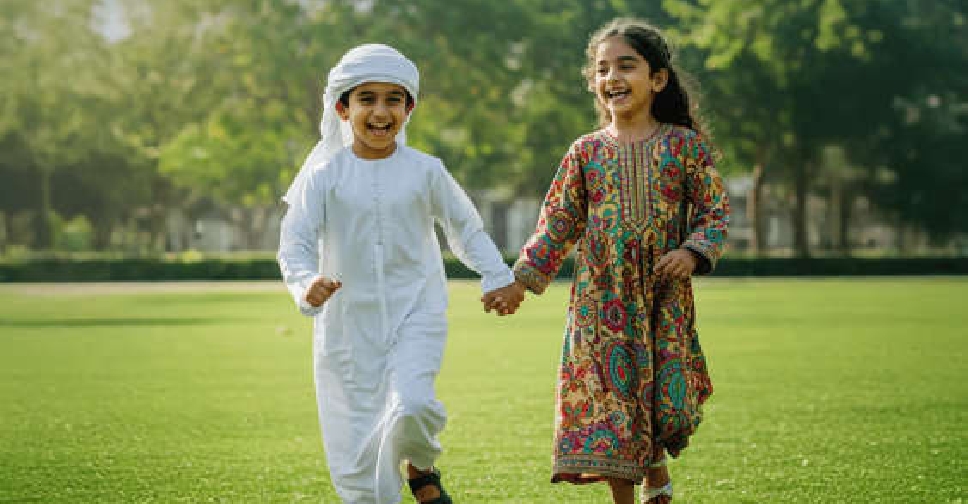
Dubai's Foster Care Committee has worked on 287 cases during the first half of the year, recording 98.26 per cent in judicial approval rating for its competent and accurate recommendations.
The half yearly report clocked interviews with 1,100 parties, reviewed 574 criminal records of applicants, conducted 397 field visits and prepared 38 psycho-medical reports involving children from 36 nationalities.
The report sheds light on the Committee's role in regulating and reviewing fostering applications and cases, ensuring that judicial rulings are based on accurate documentation and reporting thus ensuring the children's protection.
The Committee was set up in 2022 to allow Emirati families to foster orphaned children or children of "unknown parentage".
"Dubai Courts continues to develop its tools and operational mechanisms, leveraging digital technologies and advanced analytical methods," highlighted Professor Dr. Saif Ghanem Al Suwaidi, Director-General of Dubai Courts, adding that "fostering decisions are founded upon a comprehensive and objective assessment that serves the child's best interests, preserves the family's rights, and enhances its cohesion".
The Committee, "serves as an affirmation of the emirate's steadfast commitment to providing a safe and stable environment for children and ensuring that fostering placements are awarded to the most suitable party according to stringent professional criteria and meticulous procedures," added Mohammed Al Obaidli, Executive Director of the Case Management Sector at Dubai Courts
Foster parents must be Emirati nationals residing in Dubai, and be either a couple or a single woman over the age of 30. Interested fosters must be medically and mentally fit, have adequate funds and housing, as well as proof of good conduct. The UAE does not allow adoption, however, both Emiratis and residents can sponsor the living costs of children under various child programmes, led by humanitarian entities in the UAE.


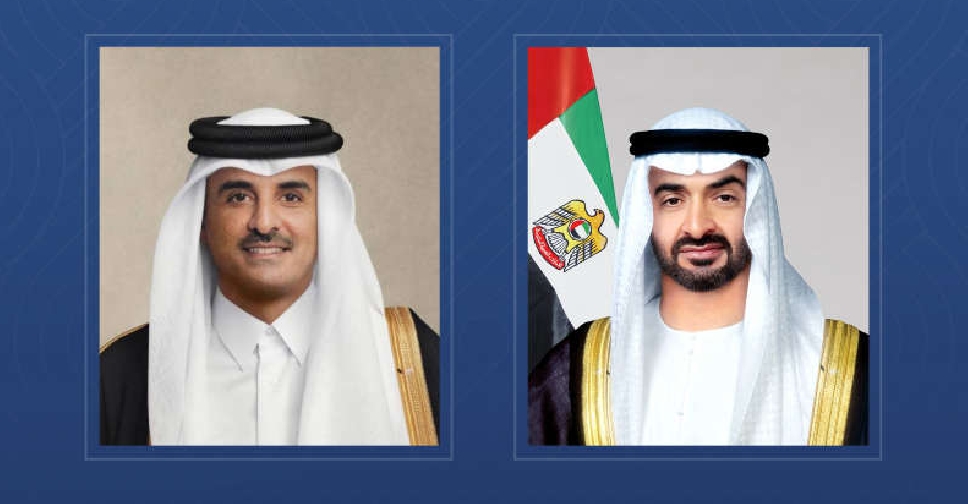 Emir of Qatar welcomed by UAE President on visit to Abu Dhabi
Emir of Qatar welcomed by UAE President on visit to Abu Dhabi
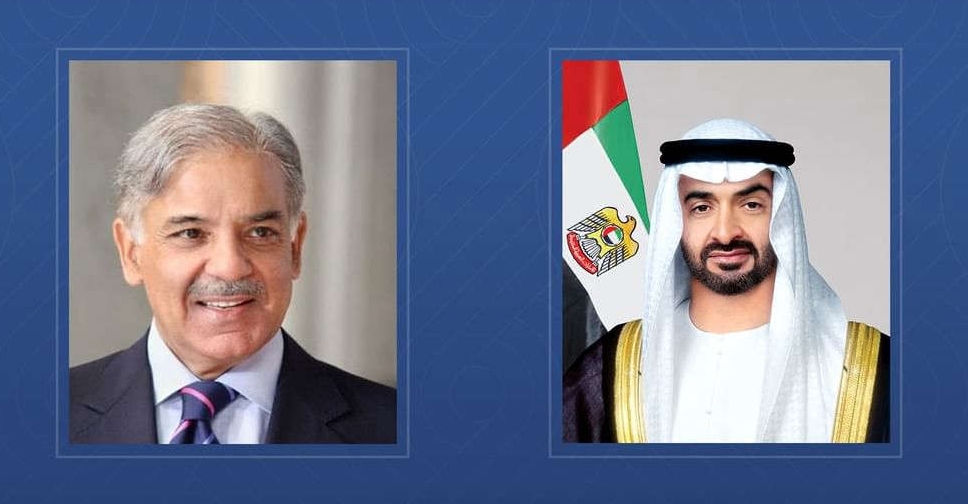 UAE, Pakistan leaders discuss boosting economic ties
UAE, Pakistan leaders discuss boosting economic ties
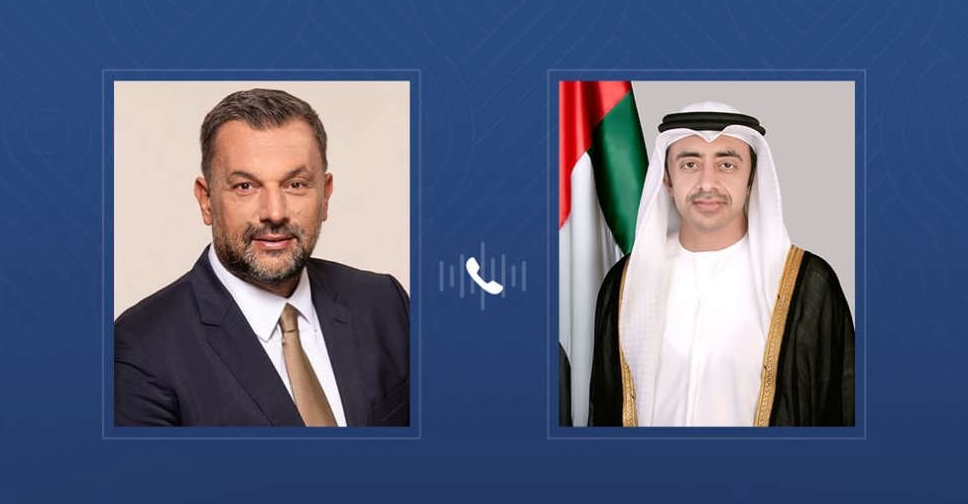 UAE, Bosnia FMs discuss strengthening bilateral relations
UAE, Bosnia FMs discuss strengthening bilateral relations
 H.H. Sheikh Mohammed launches campaign to rescue 5 million children from hunger
H.H. Sheikh Mohammed launches campaign to rescue 5 million children from hunger
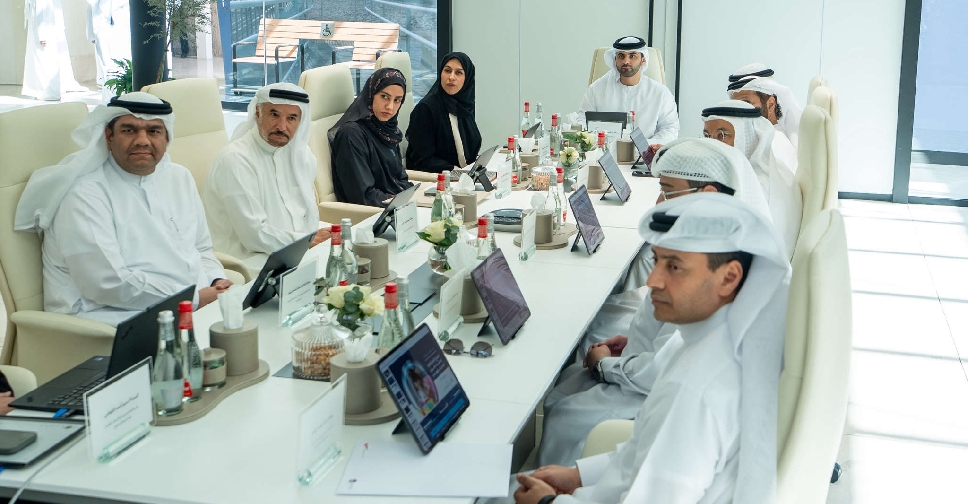 Dubai advances measures to support people of determination
Dubai advances measures to support people of determination
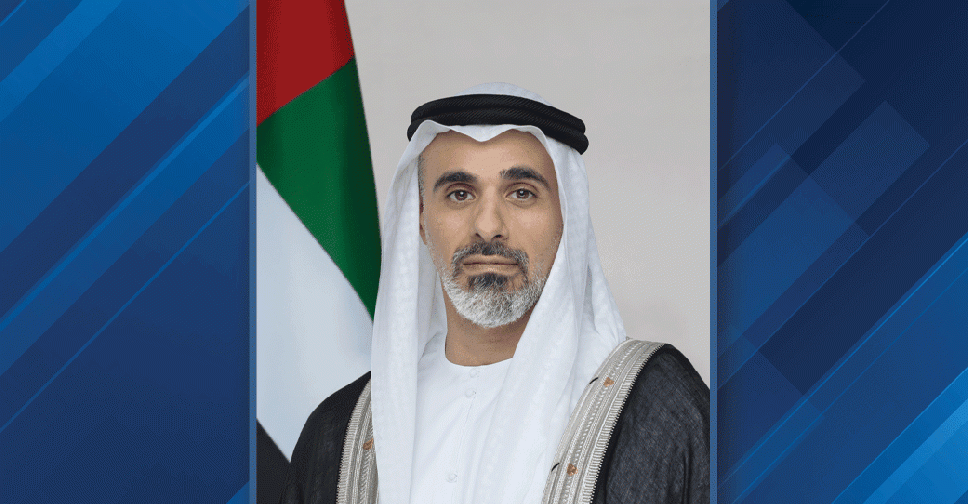 Abu Dhabi Crown Prince to lead UAE delegation at AI Impact Summit in India
Abu Dhabi Crown Prince to lead UAE delegation at AI Impact Summit in India
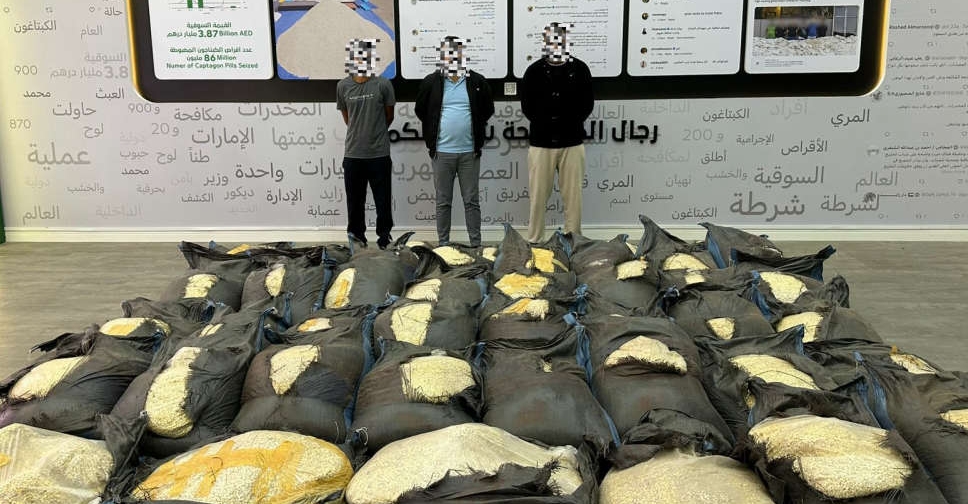 Over 14 million Captagon pills, hidden in grain sacks, seized in UAE–Kuwait operation
Over 14 million Captagon pills, hidden in grain sacks, seized in UAE–Kuwait operation
 Remote learning on Fridays during Ramadan for UAE public schools
Remote learning on Fridays during Ramadan for UAE public schools
 UAE clarifies enrollment rules for British curriculum schools
UAE clarifies enrollment rules for British curriculum schools
 UAE announces temporary road closures in Al Dhaid
UAE announces temporary road closures in Al Dhaid
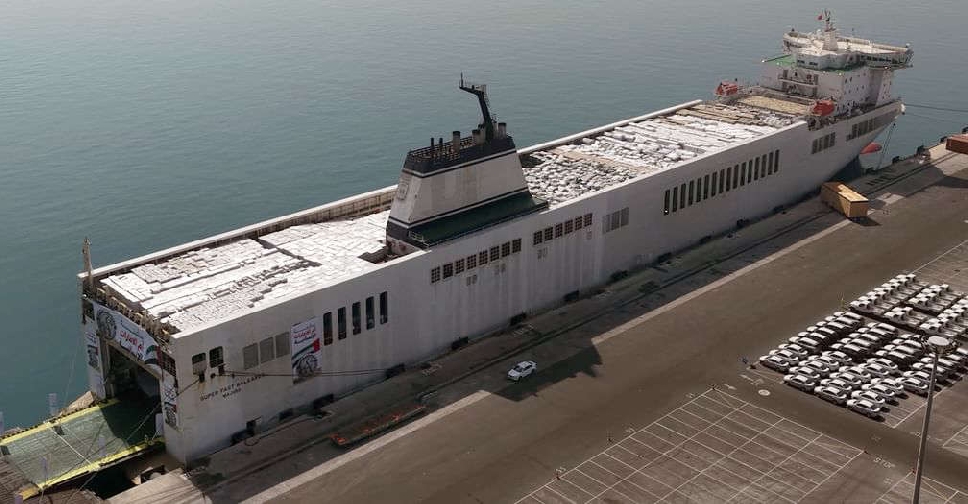 Umm Al Emarat aid ship sets sail for Gaza Strip
Umm Al Emarat aid ship sets sail for Gaza Strip
 UAE announces Ramadan working hours for private sector
UAE announces Ramadan working hours for private sector
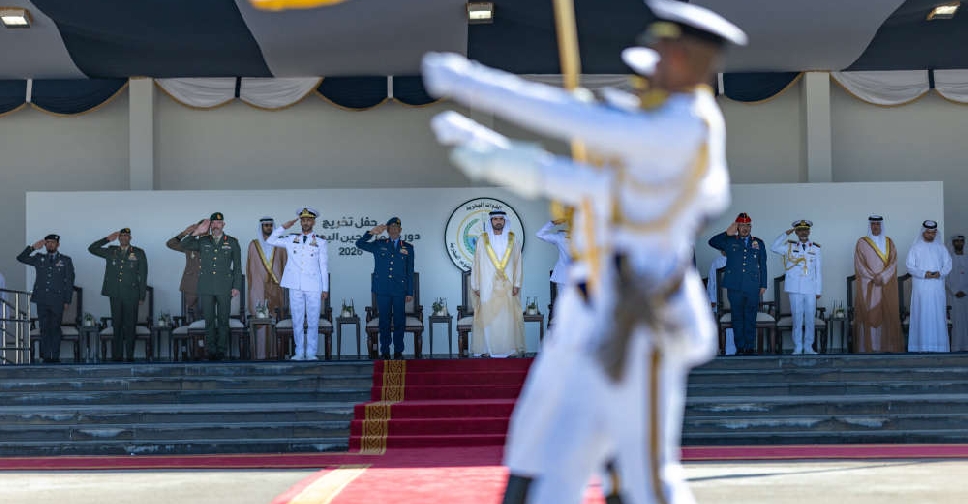 H.H. Sheikh Hamdan highlights nation’s defence vision at naval college ceremony
H.H. Sheikh Hamdan highlights nation’s defence vision at naval college ceremony
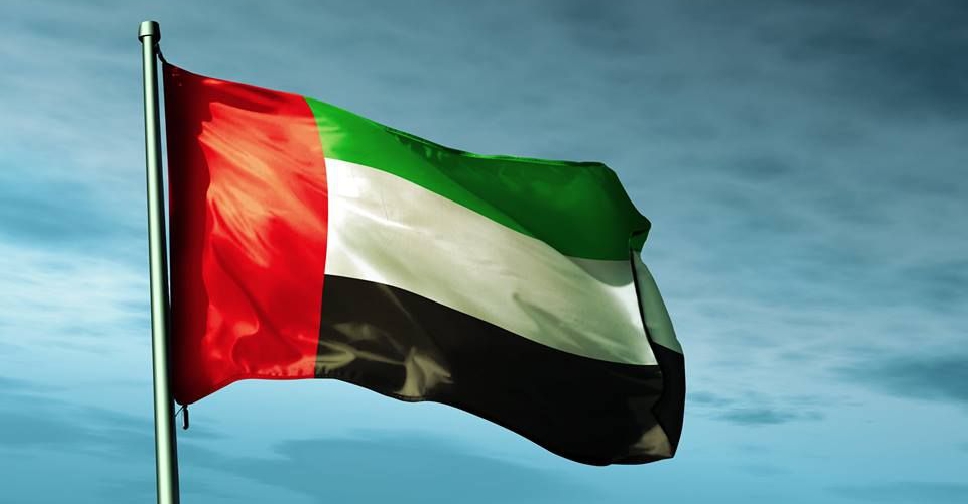 Members of UAE's National Identity Committee unveiled
Members of UAE's National Identity Committee unveiled
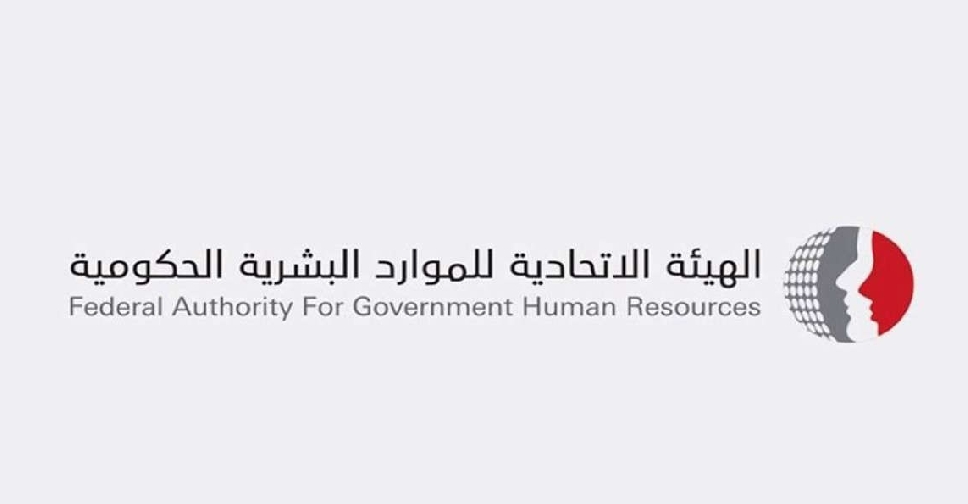 Ramadan working hours confirmed for UAE public sector
Ramadan working hours confirmed for UAE public sector
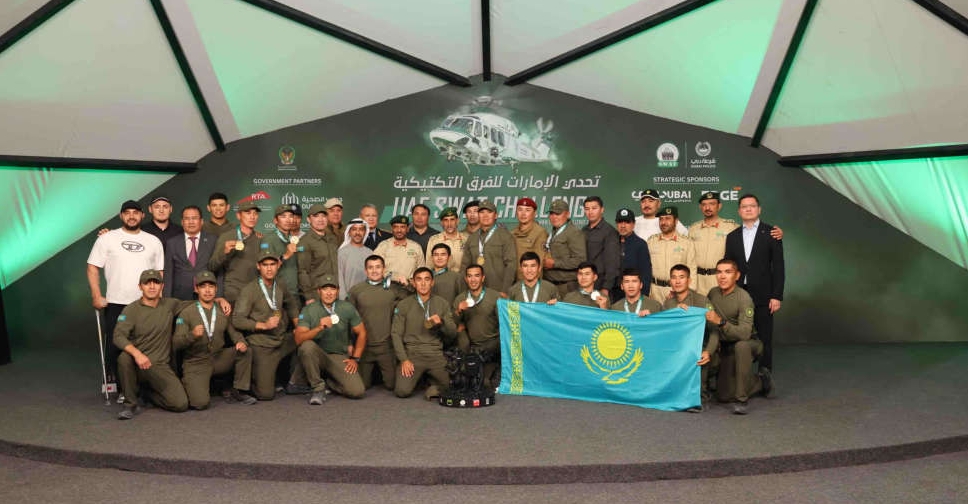 Kazakhstan crowned champions of UAE SWAT Challenge 2026
Kazakhstan crowned champions of UAE SWAT Challenge 2026
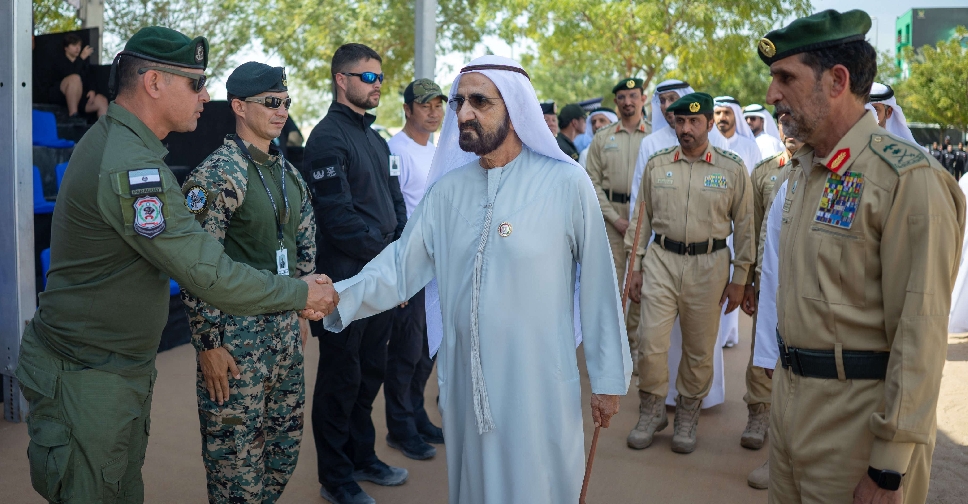 H.H. Sheikh Mohammed attends final day of UAE SWAT Challenge
H.H. Sheikh Mohammed attends final day of UAE SWAT Challenge
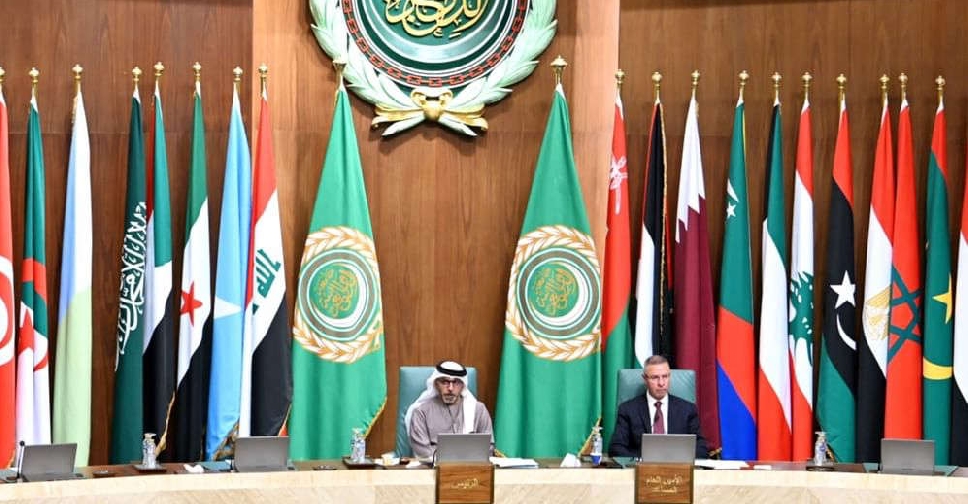 UAE chairs Arab League emergency meeting on Israeli settlement expansion
UAE chairs Arab League emergency meeting on Israeli settlement expansion
 UAE cracks down on unlicensed domestic worker recruitment platforms
UAE cracks down on unlicensed domestic worker recruitment platforms
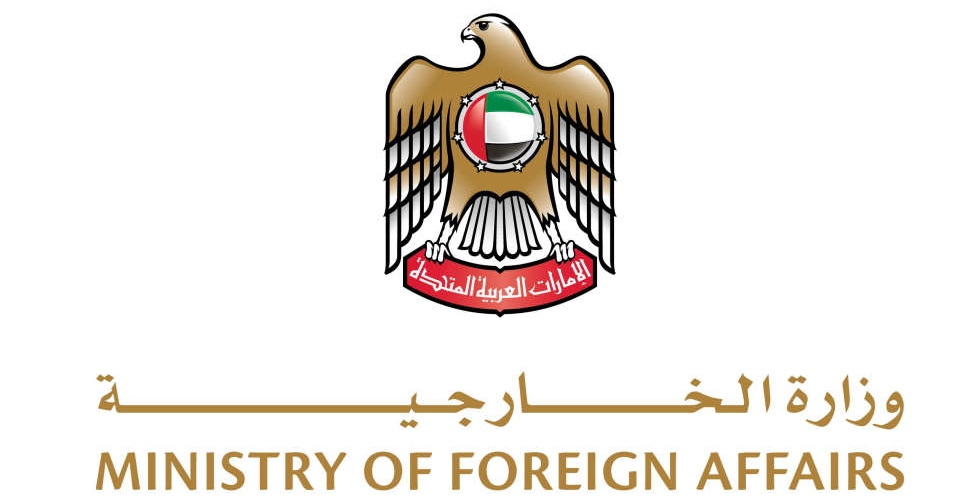 UAE strongly condemns school shooting in Canada
UAE strongly condemns school shooting in Canada
